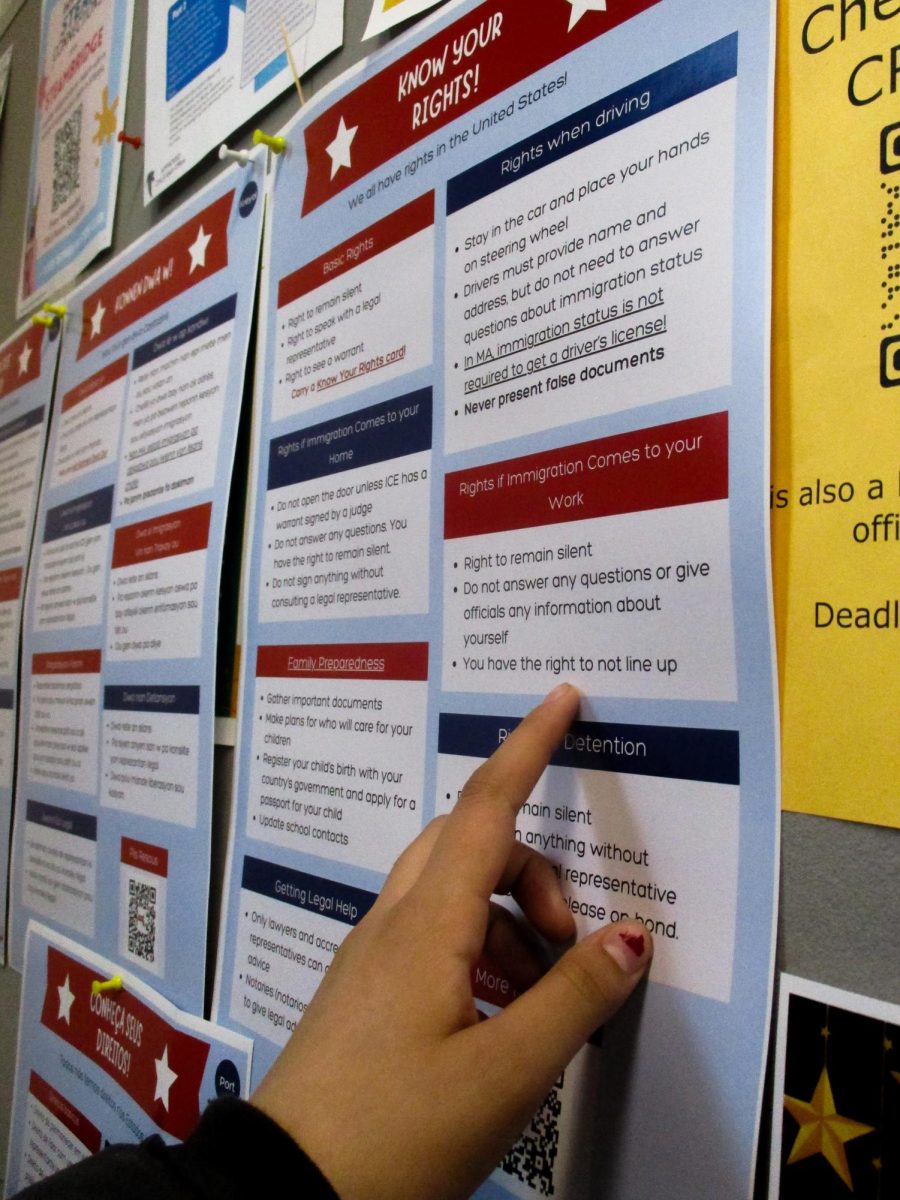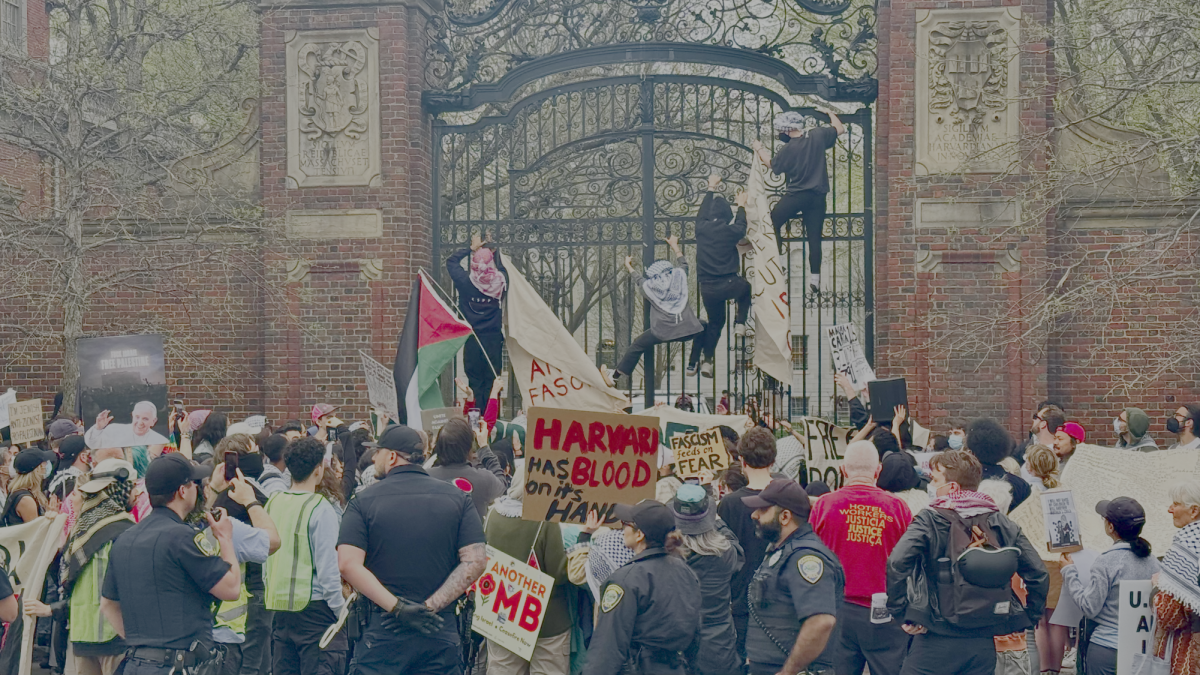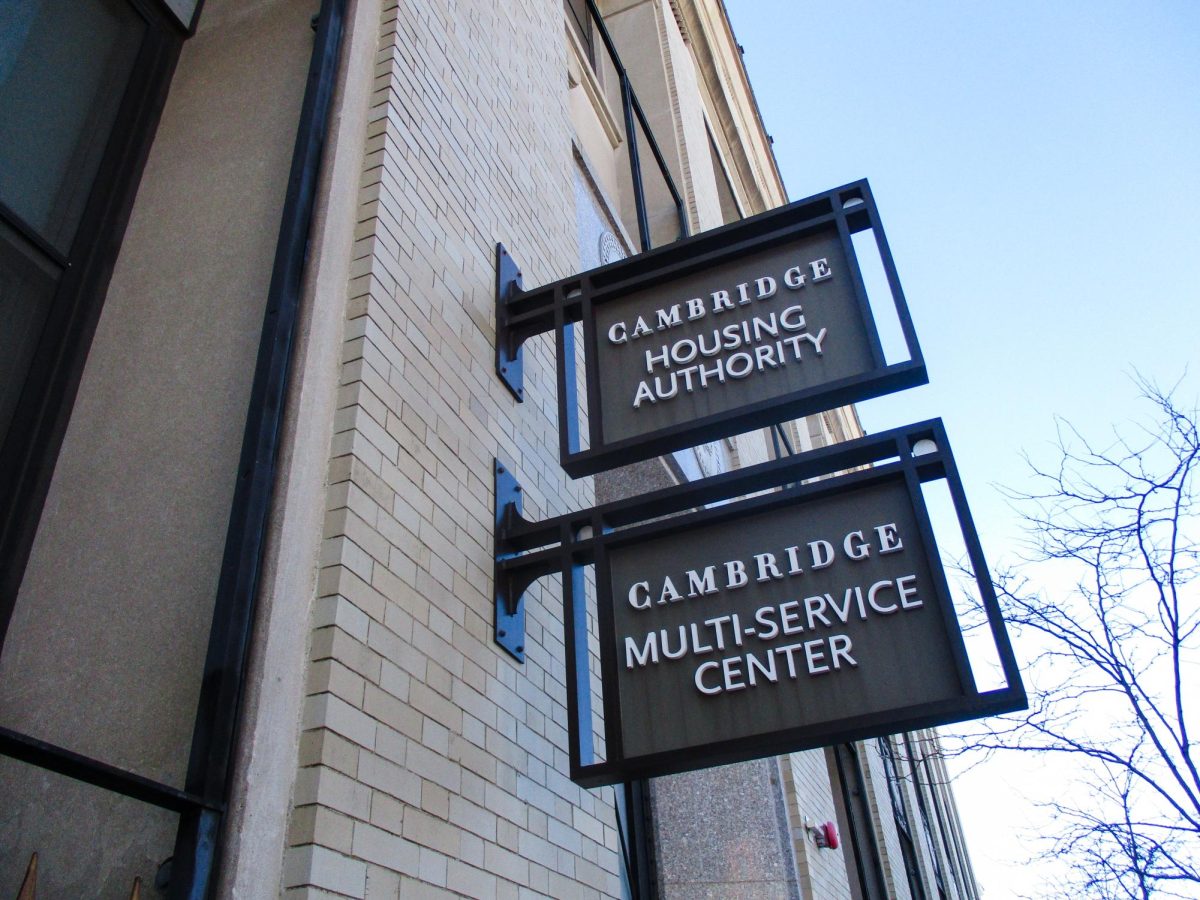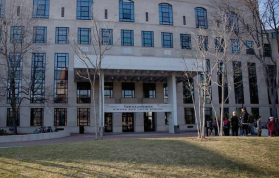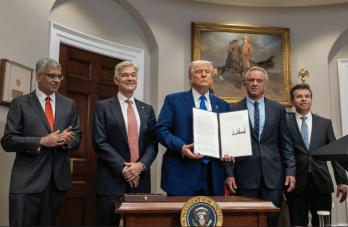In the first two weeks of Donald Trump’s presidency, more than 8,000 people have been deported and thousands more detained. On his second day in office, Trump revoked legislation preventing Immigration and Customs Enforcement (ICE) from entering schools, churches, and hospitals. This has left citizens and noncitizens alike terrified for their safety, making former safe havens especially important.
Trump declared that he plans to take away federal funds for sanctuary cities, some of the most crucial safe havens. While there is no official definition of a sanctuary city, they are generally understood to be cities that have vowed to protect undocumented immigrants and not actively participate in immigration raids. Mayors of major sanctuary cities, including Boston mayor Michelle Wu, received letters on January 28th asking them to testify in a federal investigation of sanctuary cities. For Cambridge, one of the country’s first sanctuary cities, a lack of federal funds could drastically impact schools, transportation, and housing. Despite these threats, the City of Cambridge has remained firm in its protection of undocumented immigrants. City spokesperson Jeremy C. Warnick wrote in a statement to the Harvard Crimson, “As a sanctuary city, Cambridge affirms the basic human rights and dignity of every human being and provides education, health, and other critical services to all residents of Cambridge, regardless of their immigration status.” Cambridge has not passed a resolution to reaffirm this status since 2020, but the city council has addressed it, sending letters to city departments and organizations reminding them of the importance of treating immigrants with dignity and respect.
Massachusetts Governor Maura Healey, however, has made it clear that the state itself is not a sanctuary state, telling GBH, “I have no tolerance for criminal activity in our shelters.” However, crime and immigration status are not synonymous; as former mayor Marc McGovern explained during a November city council meeting, “The crime rate in Cambridge has gone down, and we’ve been a sanctuary city since the 80s.” In Cambridge, undocumented immigrants won’t get deported over a minor crime, like a traffic violation, and are able to report a crime to police without fear of deportation.
Despite the protections in Cambridge, the new administration has left immigrants feeling scared and hopeless. “I know that some students have stopped coming to school because they are so scared,” CRLS teacher Mr. Watter told the Register Forum. This is reflected across the country, with Denver Public Schools reporting a ten percent decrease in attendance since Trump allowed ICE into schools. To combat this fear and encourage students to attend school, CRLS has provided multilingual resources for students and staff, addressing their rights if they are approached by ICE. This education is crucial, as Lio Caravan ’28 explained to the Register Forum, “Misinformation is often weaponized against people, which can be dangerous.” The posters read, “We all have rights in the United States,” before listing these rights, which include the right to remain silent and request a lawyer, not to allow ICE into your home without a proper warrant, and to record and document what is happening.
This article also appears in our February 2025 print edition.

